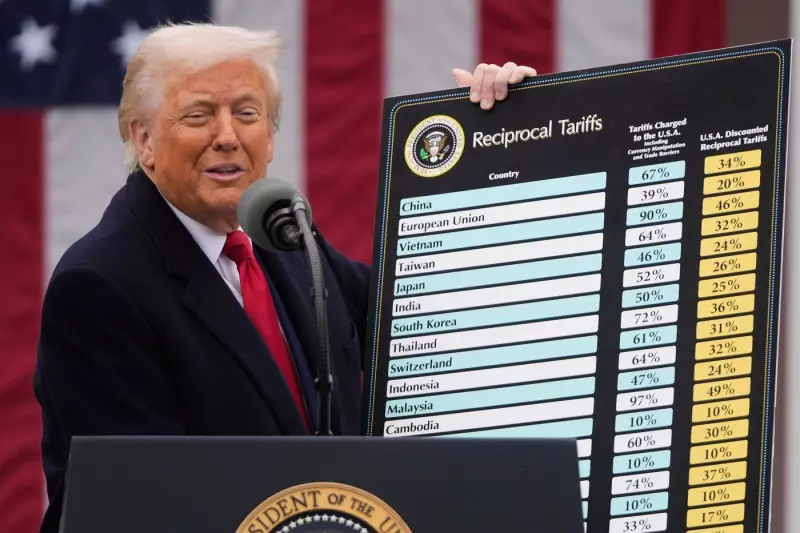
The highest court in the United States became the center of a constitutional battle on Wednesday as Supreme Court justices heard arguments challenging the legal foundation of former President Donald Trump's controversial tariffs on steel and aluminum imports.
The Constitutional Question at Stake
At the heart of the case lies a fundamental question: does the president possess nearly unlimited authority to impose tariffs for national security reasons, or are there constitutional checks on this executive power? The case specifically examines tariffs implemented under Section 232 of the Trade Expansion Act of 1962, which Trump used to justify levies of 25% on steel and 10% on aluminum imports.
Impact on Canadian Trade Relations
These tariffs had significant consequences for Canada, one of America's closest trading partners. When implemented in 2018, they triggered a trade dispute that saw Canada respond with retaliatory measures on American products ranging from whiskey to orange juice. The economic ripple effects were felt across multiple industries in both nations.
Legal Arguments Heard by Justices
During oral arguments, plaintiffs contended that the tariff structure created what they called a "legislative penalty" that only Congress should have the power to impose. They argued that the law unconstitutionally delegated too much authority to the executive branch without adequate guidelines or limitations.
Justice Department lawyers defended the tariffs, asserting that Congress had properly authorized the president to adjust imports when necessary for national security. They maintained that the law provides sufficient direction and that the courts should defer to the executive branch on matters of national security and international trade.
Broader Implications for Presidential Power
Legal experts are closely watching this case as it could redefine the balance of power between the executive and legislative branches on trade matters. A ruling against the government could limit future presidents' ability to implement similar trade measures, while a ruling in favor would reinforce expansive executive authority in trade policy.
Economic Consequences at Stake
The outcome carries substantial economic implications. American manufacturers who rely on imported steel and aluminum argue the tariffs have increased their production costs and made them less competitive globally. Meanwhile, domestic steel producers maintain that the protections are essential for national security and preserving critical manufacturing capacity.
For Canada, the case represents more than just legal theory—it's about the stability of cross-border trade relationships and the predictability of doing business with the United States, its largest trading partner.





